You are viewing the "science" Archives
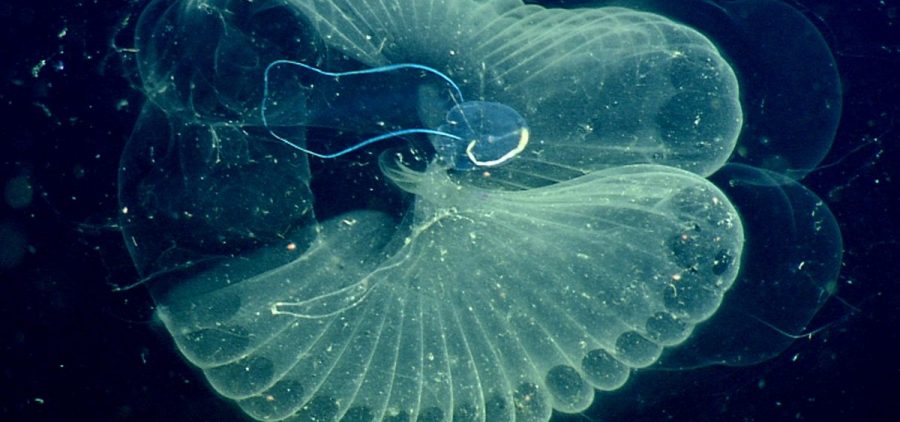
Microplastics Have Invaded The Deep Ocean — And The Food Chain
By: Christopher Joyce | NPR
Posted on:
Giant gyres of plastic in the ocean grab headlines, but it’s the tiny bits of plastic that scare scientists. And they’ve made their way everywhere, a new study finds – including our seafood.
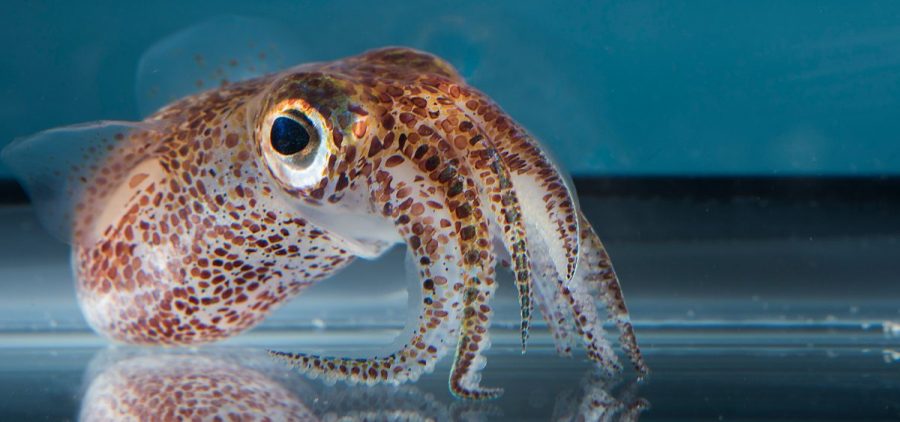
Why Octopuses Might Be The Next Lab Rats
By: Nell Greenfieldboyce | NPR
Posted on:
Move over, fruit flies, rats and zebrafish. Squid and octopuses have elaborate brains and behaviors, and scientists say studying them in the laboratory could yield important biological insights.

Study Shatters Preconceived Notions About Urban Vs. Rural Obesity
By: Susan Brink | NPR
Posted on:
The conventional wisdom is that city life makes you fat and rural life keeps you trim. A new study looks at the numbers to see if that holds true.
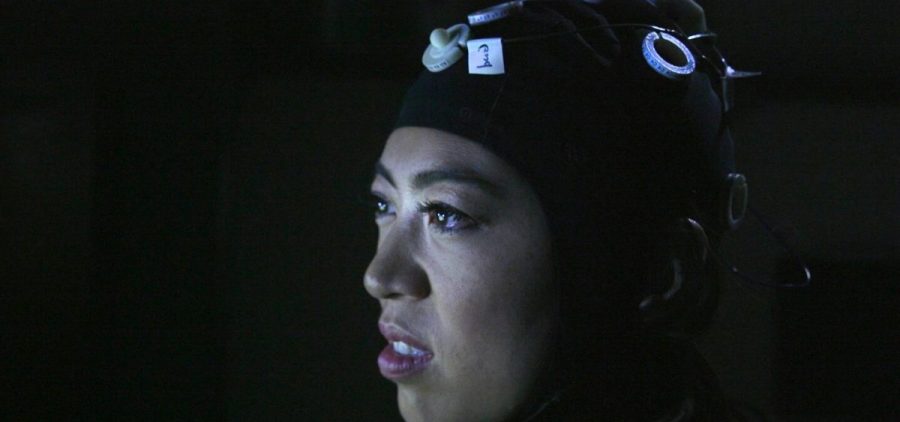
Mind-Machine Meld: How Computer-Assisted Telepathy Helps Humans Communicate
By: Elise Hu | NPR
Posted on:
The next phase of human evolution seems headed toward merging biological bodies with machines, and in the first video of Future You, Elise Hu gets connected to a network and plays a game her thoughts.
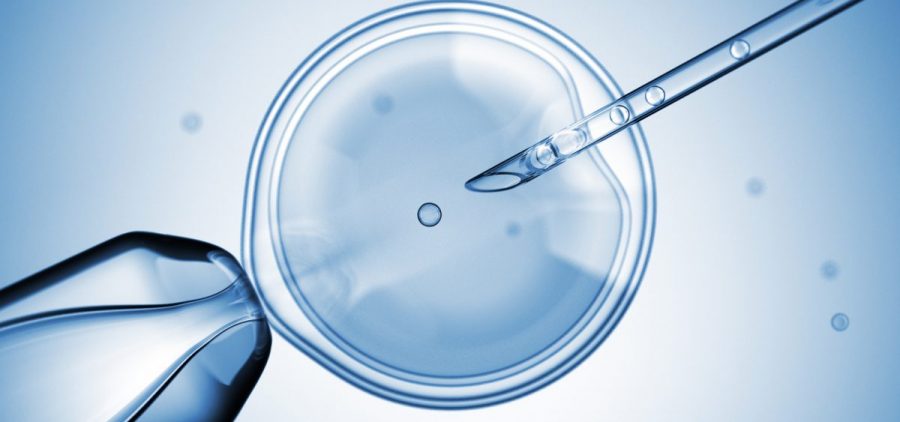
Why Making A ‘Designer Baby’ Would Be Easier Said Than Done
By: Richard Harris | NPR
Posted on:
Ethical concerns aside, the genetic ingredients for human traits are so complex that editing a few embryonic genes is unlikely to have much effect — or achieve the fantasy of enhancing humans.

This Week, NASA Is Pretending An Asteroid Is On Its Way To Smack The Earth
By: Nell Greenfieldboyce | NPR
Posted on:
A fictitious asteroid is the focus of a realistic exercise, as experts at the Planetary Defense Conference run through how the Earth would respond to news of a looming asteroid strike.

New OK for Out-of-Sight Flights Expands Ohio Drone Research
By: Associated Press
Posted on:
SPRINGFIELD, Ohio (AP) – Researchers will expand testing of defense-related drone technology with new permission to fly beyond their line of sight in a limited area of Ohio. The Federal… Read More
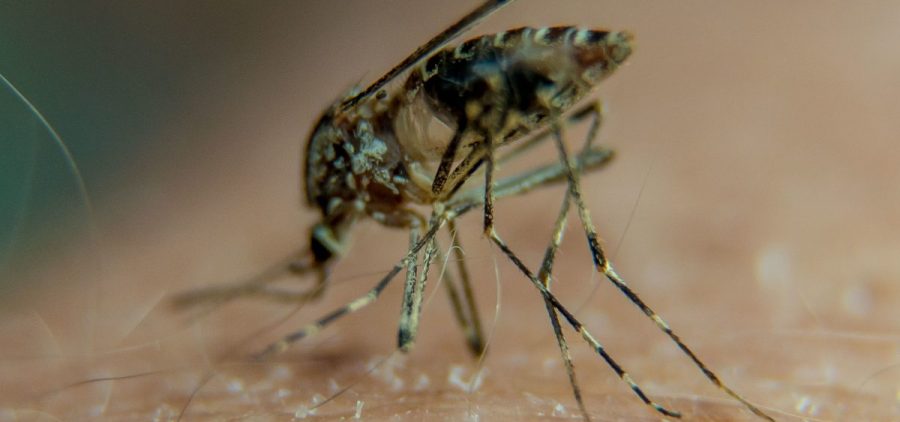
How Do Mosquitoes Taste DEET? Hint: It’s Not Their Mouthparts
By: Jonathan Lambert | NPR
Posted on:
It’s the only repellent that drives mosquitoes away when they come in contact with it. A new study has a theory about why that is.
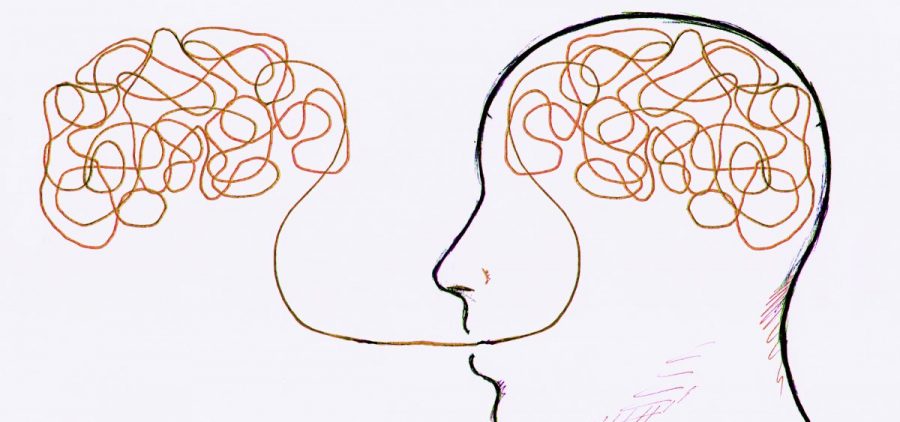
Decoded Brain Signals Could Give Voiceless People A Way To Talk
By: Jon Hamilton | NPR
Posted on:
Scientists have found a way to transform electrical signals in the brain into intelligible speech. The advance may help people paralyzed by a stroke or disease, but the technology is experimental.
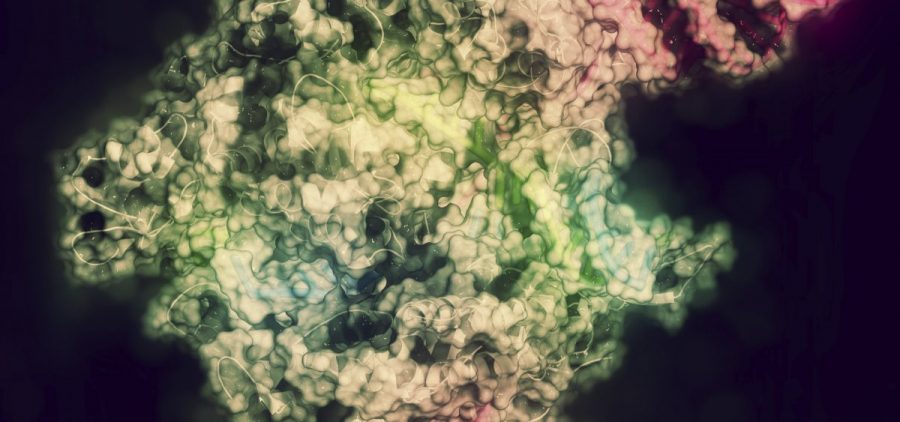
First U.S. Patients Treated With CRISPR As Human Gene-Editing Trials Get Underway
By: Rob Stein | NPR
Posted on:
This could be a crucial year for the powerful gene-editing technique CRISPR as researchers start testing it in patients to treat diseases such as cancer, blindness and sickle cell disease.
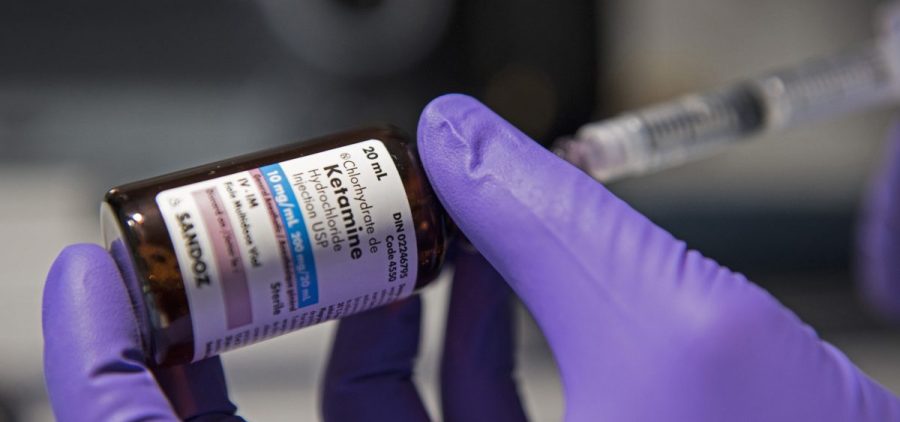
Ketamine May Relieve Depression By Repairing Damaged Brain Circuits
By: Jon Hamilton | NPR
Posted on:
Scientists are learning how the party drug ketamine relieves depression so quickly — and why its effects fade over time.

A Black Hole Is Photographed For First Time By Massive Telescope Project
By: Bill Chappell | NPR
Posted on:
“For the first time we have seen what we thought was unseeable,” said Event Horizon Telescope Director Shep Doeleman, as the first image of a black hole was released.

Are We Ready For An Implant That Can Change Our Moods?
By: Alix Spiegel | Jonathan Lambert | NPR
Posted on:
Deep brain stimulation offers relief from some neurological problems and is being tested for mood disorders. But the treatment — an implant in the brain — raises ethical questions.

EPA Science Panel Considering Guidelines That Upend Basic Air Pollution Science
By: Rebecca Hersher | NPR
Posted on:
Some panel members said they don’t agree that breathing sooty air can cause premature death. The panel’s draft recommendations to the EPA would change how it assesses the dangers of air pollution.

Massive U.S. Machines That Hunt For Ripples In Space-Time Just Got An Upgrade
By: Nell Greenfieldboyce | NPR
Posted on:
The twin sites in the Laser Interferometer Gravitational-Wave Observatory are about to go back online. New hardware should make them able to sense more colliding black holes and other cosmic events.

Where Will Your Plastic Trash Go Now That China Doesn’t Want It?
By: Christopher Joyce | NPR
Posted on:
Last year, China drastically cut back its imports of plastic waste to recycle. Now the U.S. and other wealthy nations must figure out what to do with their discards.

A Gulp Of Genetically Modified Bacteria Might Someday Treat A Range Of Illnesses
By: Rob Stein | NPR
Posted on:
Researchers think genetically engineered versions of microbes that can live in humans could help treat some rare genetic disorders and perhaps help with Type 1 diabetes, cirrhosis and cancer.
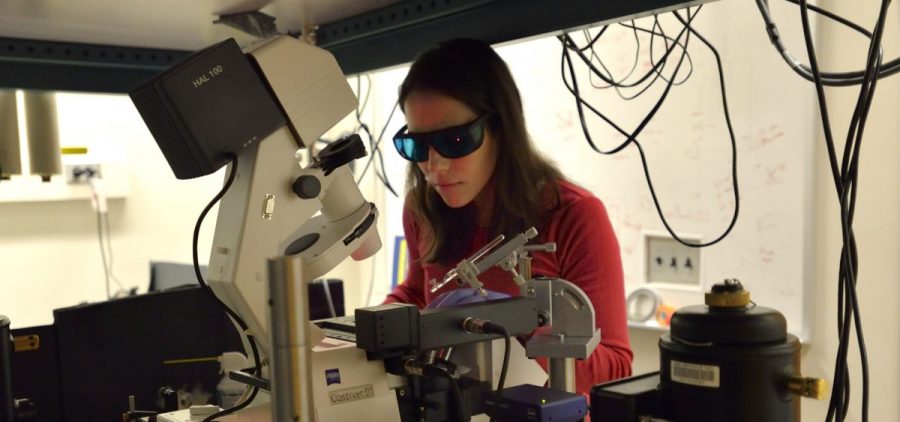
Scientists Thread A Nano-Needle To Modify The Genes Of Plants
By: Joe Palca | NPR
Posted on:
Getting DNA into plant cells is tricky. Researchers have tried using infectious bacteria, as well as gene guns that shoot gold bullets. Then a physicist came up with a new approach almost by accident.
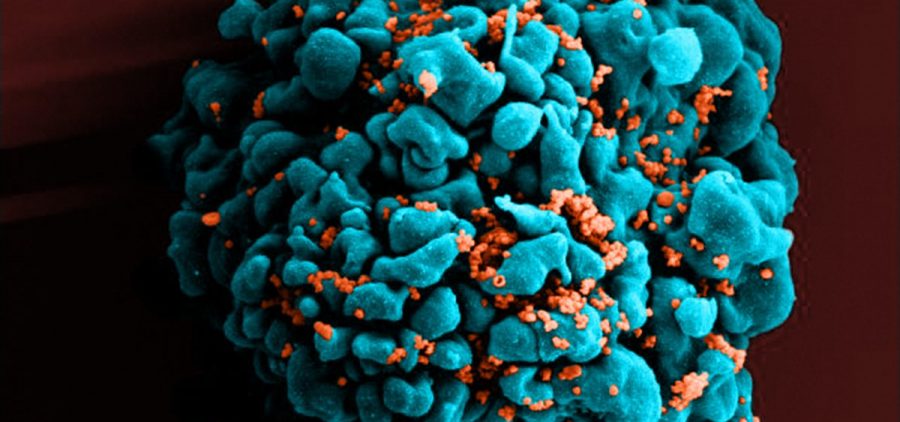
Bone Marrow Transplant Renders Second Patient Free Of HIV
By: Richard Harris | NPR
Posted on:
British doctors report the apparent eradication of HIV from a patient who was undergoing treatment for cancer. It’s only the second time this has been accomplished, despite many attempts.
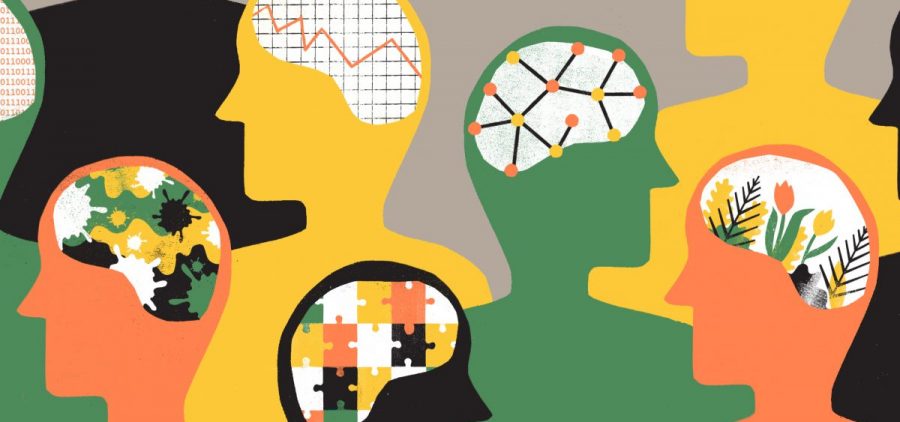
Could Your Mindset Affect How Well A Treatment Works?
By: Esther Landhuis | NPR
Posted on:
Researchers are learning that attitude can have measurable effects on health. For a food allergy therapy, thinking of stressful side effects as positive signals helped patients complete the treatment.
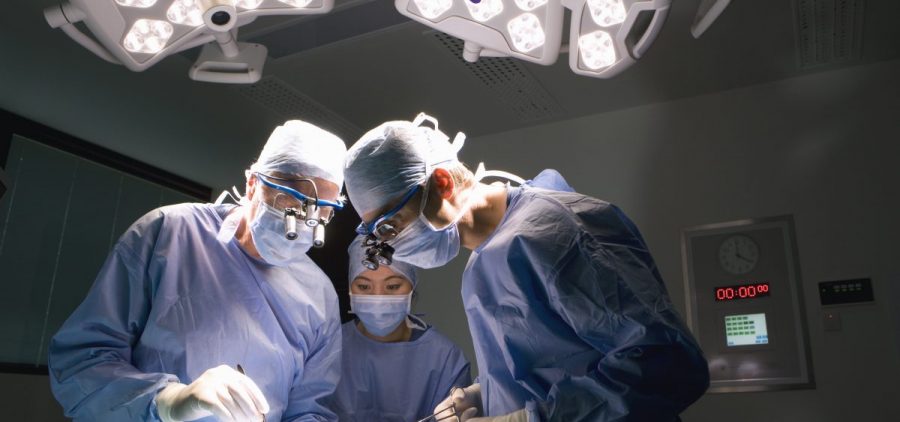
Double-Booked Surgeons: Study Raises Safety Questions For High-Risk Patients
By: Rebecca Ellis | NPR
Posted on:
Most patients do fine, research suggests, when the lead surgeon steps away to begin another procedure. But patients who are older or have underlying medical conditions sometimes fare worse.
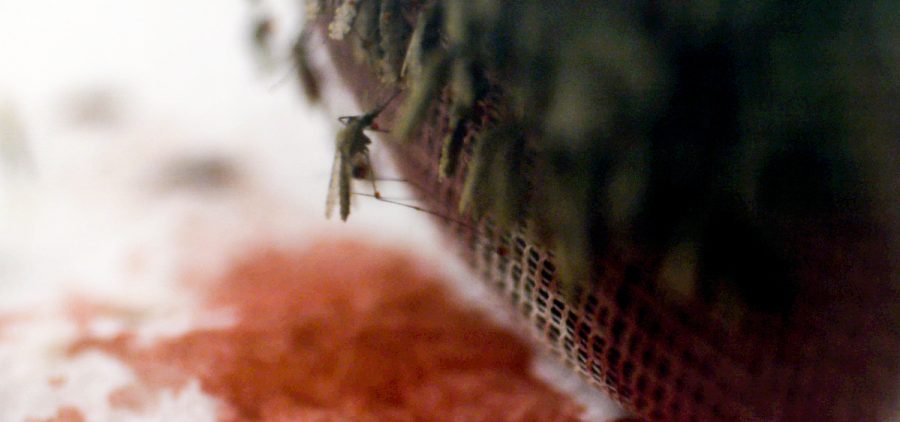
Scientists Release Controversial Genetically Modified Mosquitoes In High-Security Lab
By: Rob Stein | NPR
Posted on:
The insects were created, using CRISPR, to carry a powerful “gene drive.” The mosquitoes could provide a potent weapon against malaria, but they raise fears about unpredictable environmental effects.

NASA’s Mars Rover Opportunity Is Officially Declared Dead
By: Joe Palca | NPR
Posted on:
NASA’s six-wheeled rover landed on the red planet in January 2004 for what was billed as a 90-day mission. The plucky robot was still going until a dust storm on Mars last summer killed it.
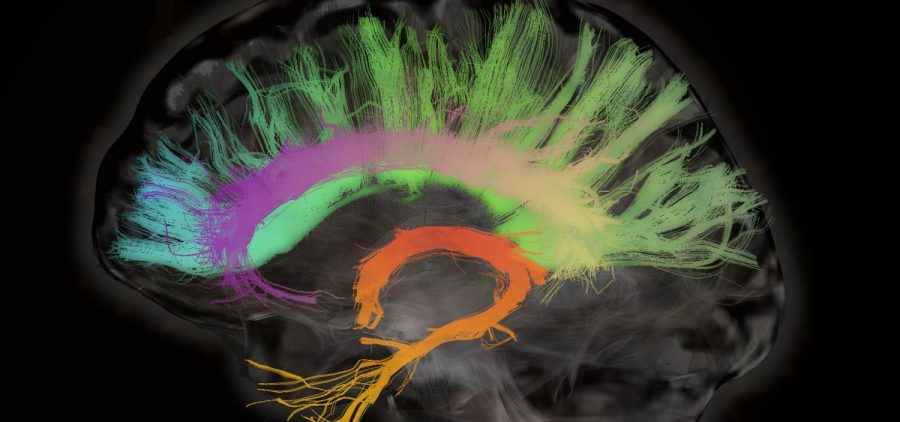
Scans Show Female Brains Remain Youthful As Male Brains Wind Down
By: Jon Hamilton | NPR
Posted on:
Researchers say the metabolism of a woman’s brain remains higher than a man’s throughout a lifetime. And that may help with late-life creativity and learning.
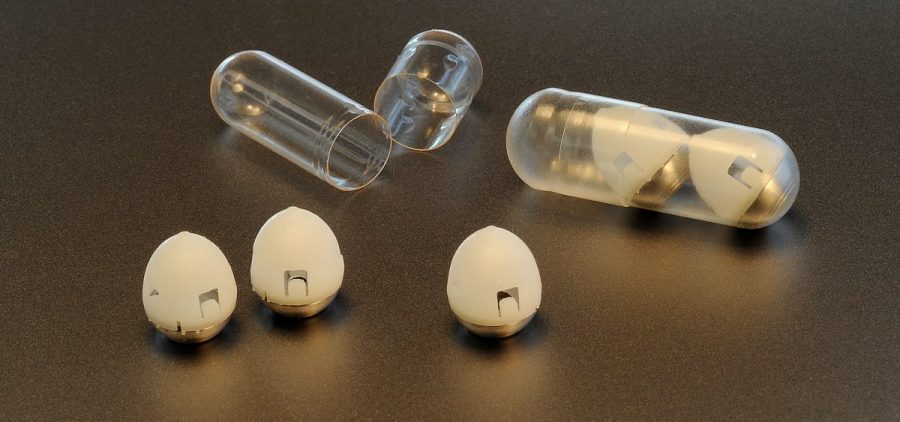
Avoiding The Ouch. Scientists Are Working On Ways To Swap The Needle For A Pill
By: Joe Palca | NPR
Posted on:
A lot of vaccines and some medications need to be delivered by injection. Two groups of researchers are designing ways of delivering these medications by putting them in pill form.
- « Previous Page
- 1
- < <
- 3
- 4
- 5
- 6
- 7
- Next Page »

